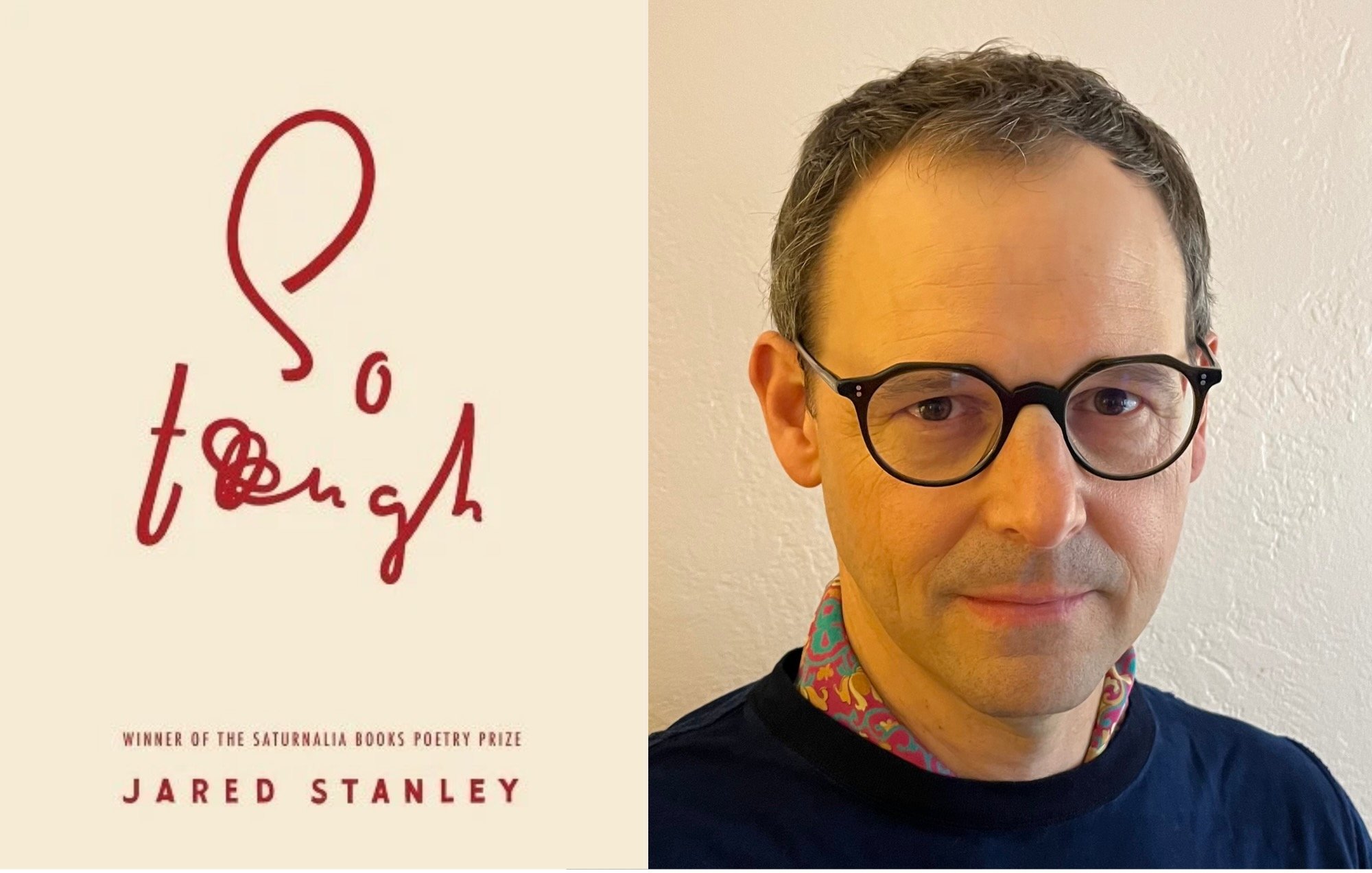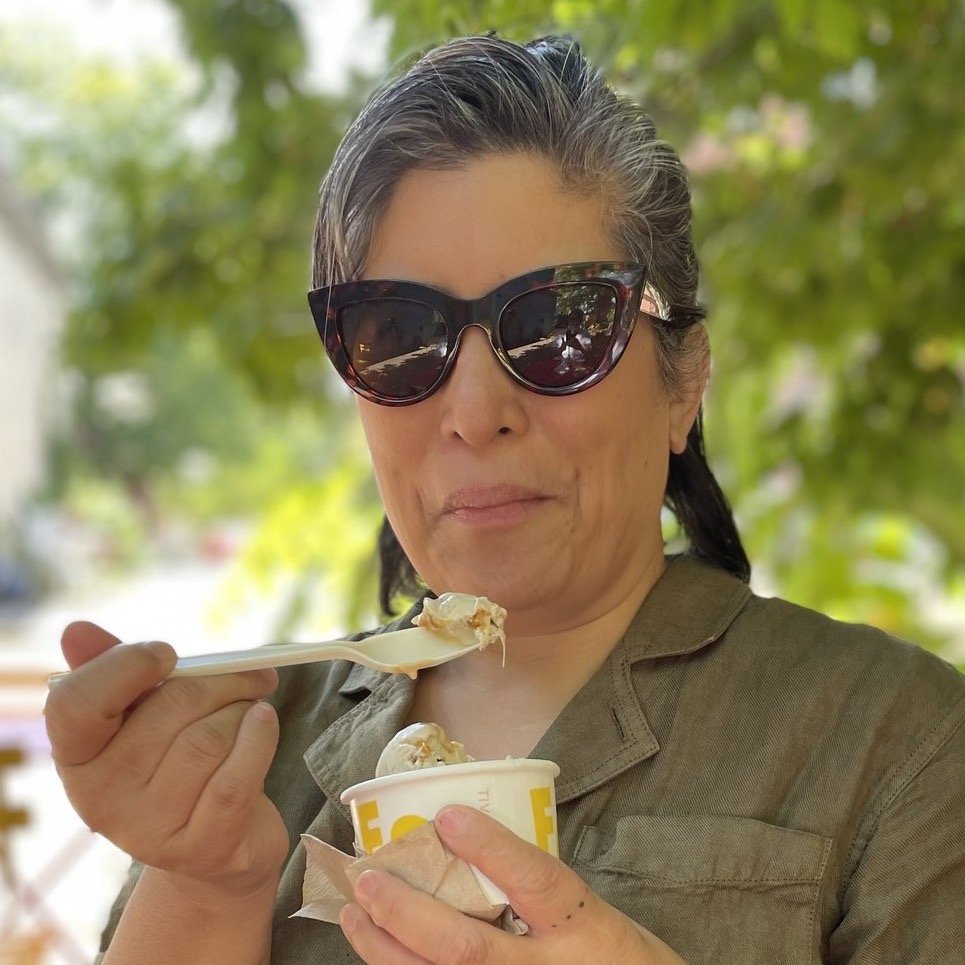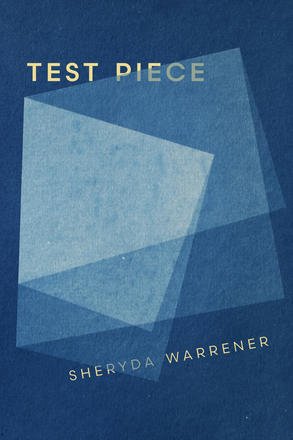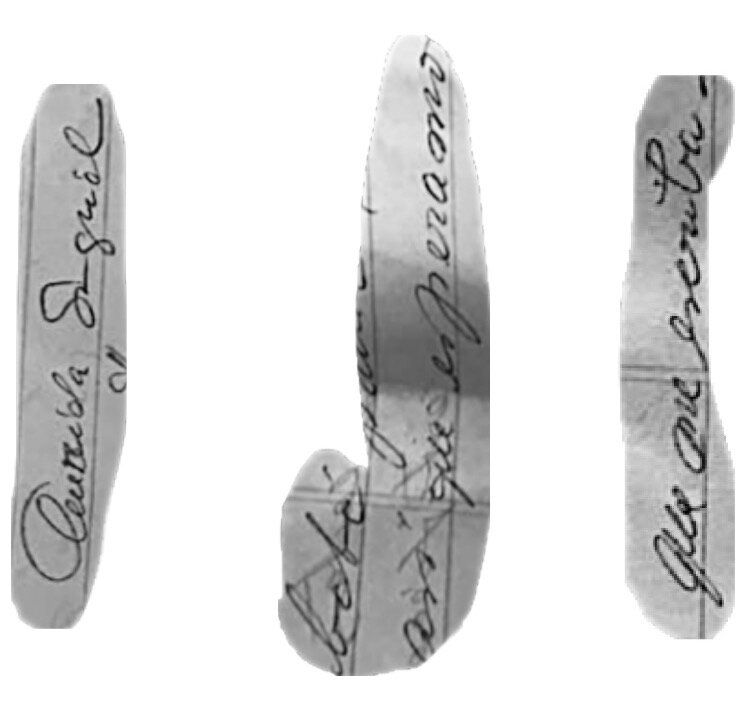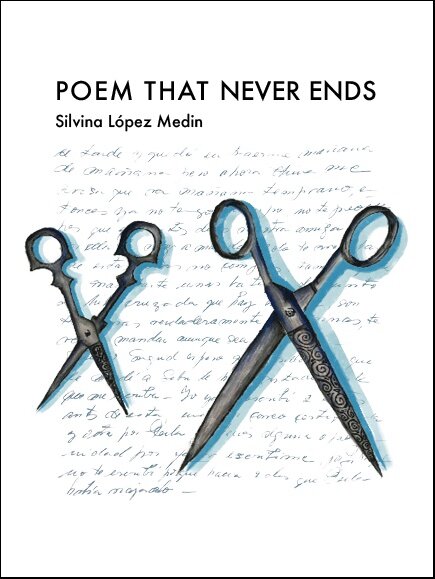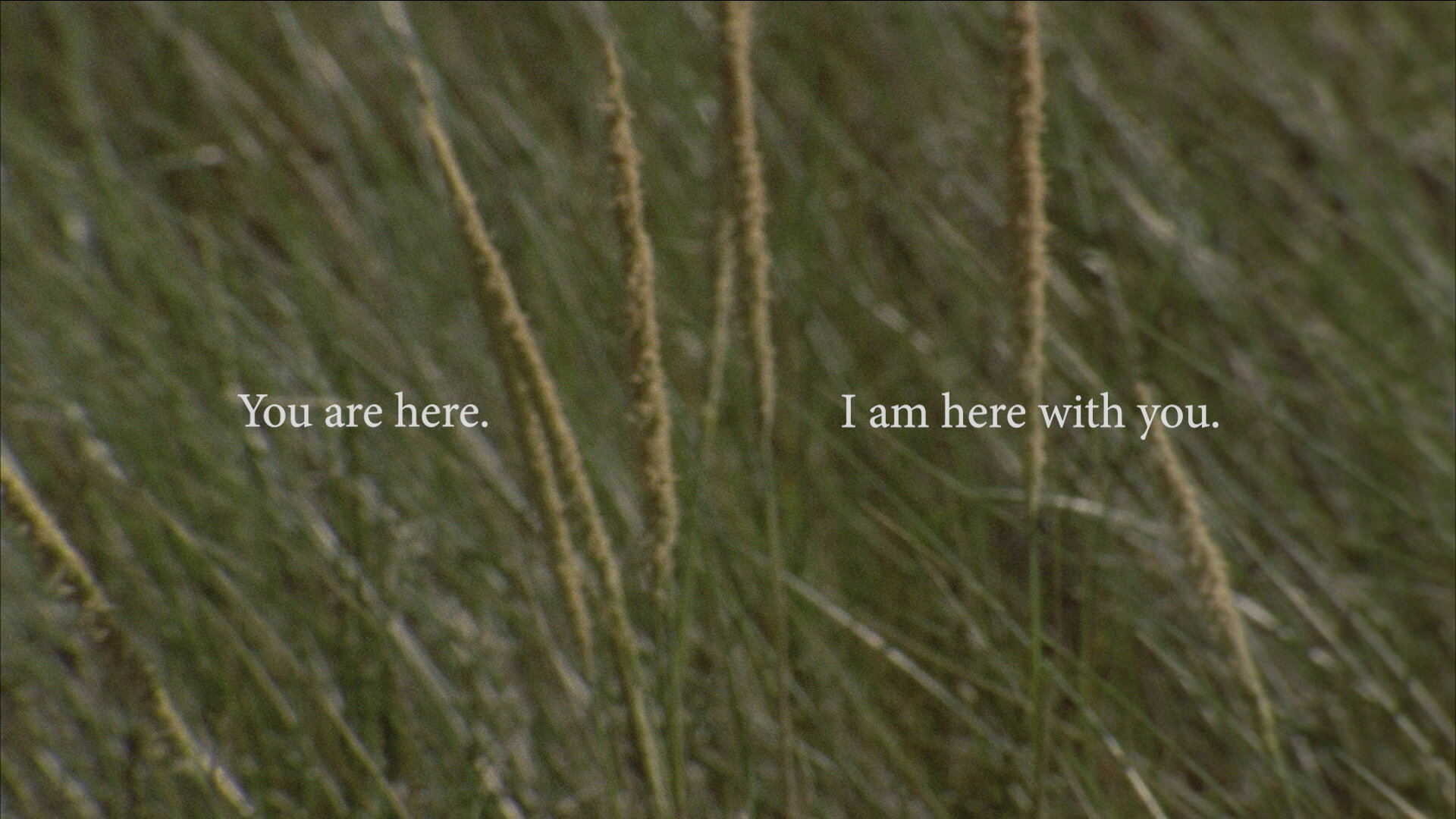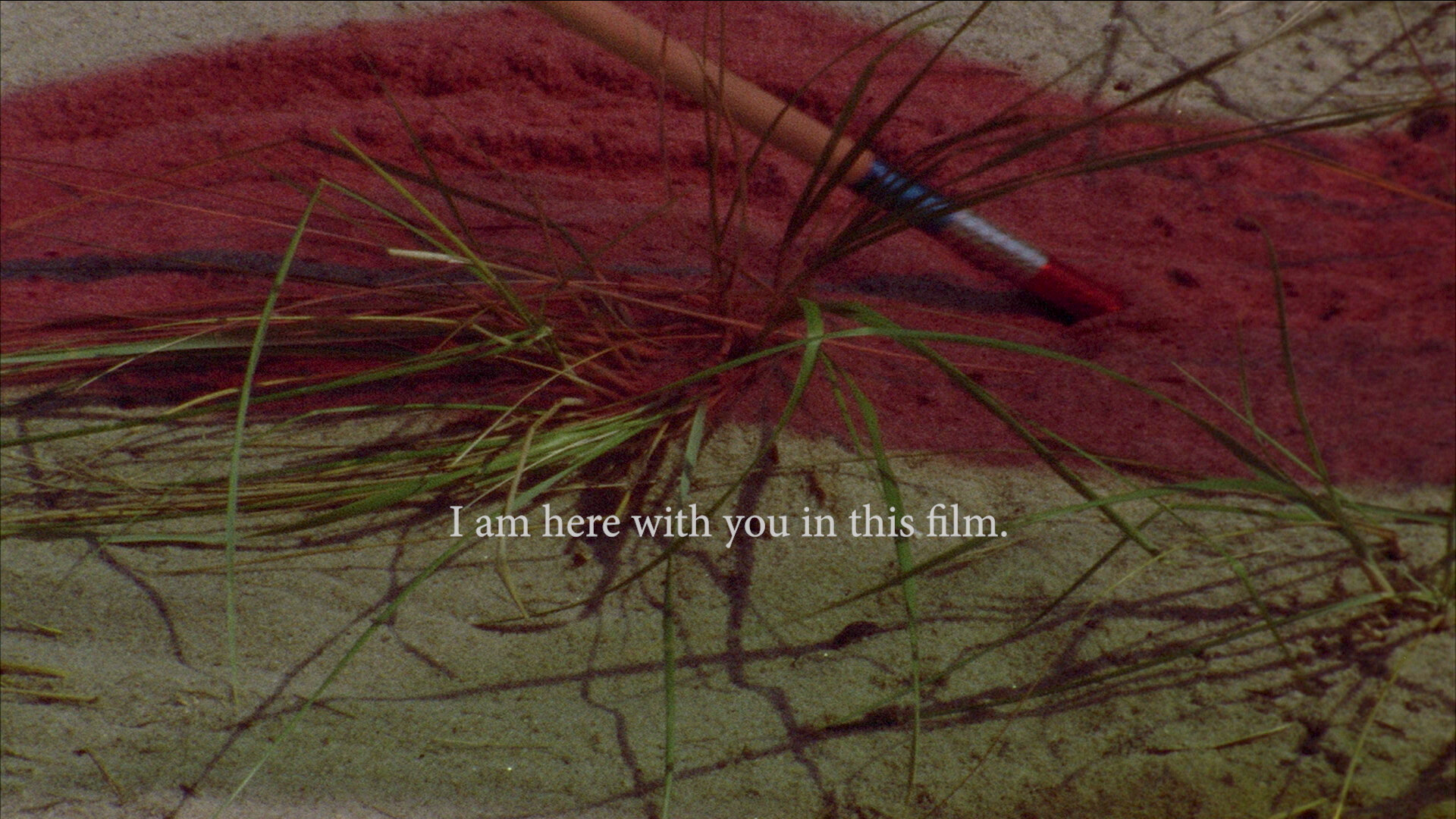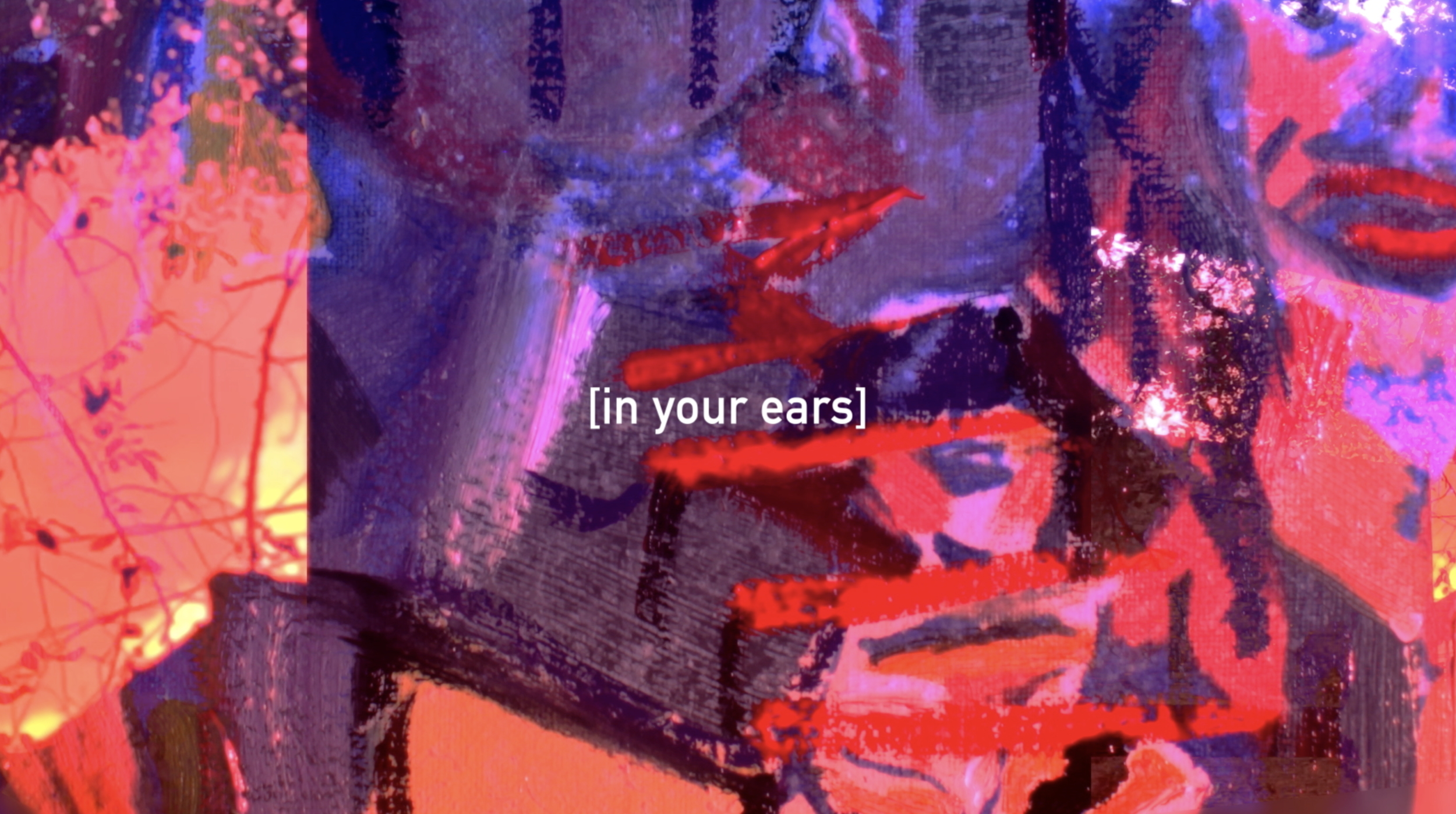The Flow Chart Foundation’s Text Kitchen is a series of hands-on workshops providing writers and other art-makers with opportunities for deep exploration into poetry and interrelated forms of expression.
UP NEXT:
Smelling is a Tool for Survival
A poetry workshop and reading with Jared Stanley, in collaboration with Toolshed
Thursday, March 28th, 6:30–8pm, free
Flow Chart Space 348 Warren Street
A workshop and poetry reading exploring how writing alongside our sense of smell can help us renew our relationship to the world.
Please join us at the Flow Chart Space for Smelling is a Tool for Survival—a poetry reading and workshop with Jared Stanley—co-sponsored with Toolshed on the publication of Stanley’s latest collection So Tough (Saturnalia, 2024).
Smelling can be intense, repellent, disgusting, powerfully fragrant, redolent, comforting. Part of its power comes from its status as a secondary sense, its ungraspability, and the way it creates dense interactions between, say, memory and the environment, home, the comfort of another’s body. Despite this power, some cultures have worked very hard to control smell, which has resulted in a kind of psychic abandonment of smell’s potential as a way of knowing. In this reading and workshop, we’ll explore how writing alongside our sense of smell can help us renew our relationship to the world that enters our head through the nose, trying to focus our noses on both specific smells and on the riotous medley that comes our way.
Attendees will be provided witha keepsake notebook to write in (please bring something to write with), and weather-permitting we will be going outside for part of the workshop!
Jared Stanley is a poet and writer who often collaborates with artists. He is the author of four collections of poetry, So Tough, EARS, The Weeds, and Book Made of Forest, as well as many chapbooks and pamphlets, most recently The Blurry Hole (with Sameer Farooq, Artspeak, 2022), and SHALL, (Black Rock Press, 2019). His writing has appeared in The New York Times, Bennington Review, Harvard Review, VOLT, Folder Magazine,and many others. His awards include The Saturnalia Prize, Harvard’s Woodberry Poetry Room Creative Fellowship (with Sameer Farooq), a Silver Pen Award from the Nevada Writers Hall of Fame, as well as fellowships from the Nevada Arts Council and the Center for Art + Environment. Recent collaborative art exhibitions have shown the Atheneum Art & Music Library (La Jolla), in collaboration with Matthew Hebert, and at the Lilley Museum (Reno), in collaboration with Sameer Farooq. He teaches in the MFA Program in creative writing at the University of Nevada, Reno and lives in Reno, Nevada with an historian and their daughter.
So Tough cuts a loose and spaced-out path through the interpenetrated dreams of public, doomsday time and private, organic time. Written in a season of wildfire smoke punctuated by gunfire, grieving, and a child's questioning spirit, the book moves to the countervailing rhythms of household, eros, pleasure and charm, casting a wayward grin at the catastrophic comedy of our days. Though he's not really that tough, Jared Stanley rides elemental tones through " the desert roses, semi-wilted, wonderful, yellowed, well, you know / suffering to cover the suffering."
Toolshed gathers and shares tools for living ecologically. Ecological living means sharing resources, planning in longer time spans, and with deeper awareness of the world in which you are enmeshed. In ecological living there is no outside. This kind of living makes for a very rich experience of the world. As it happens, it is also becoming more necessary as the world changes with a changing climate.
PREVIOUS:
Studium, punctum, poetry.
a poetry technique workshop with Tracie Morris
Saturday, September 23, 11am–1:30pm, $40
Ashbery Resource Center, 348 Warren Street–right, 2nd Floor
Space is limited!
In this intimate in-person workshop, we will look at ways in which technique helps us to see the distinction between the poem subject and the heart of the matter. Sometimes these are the same thing in a poem, sometimes they're not. Either way we can fine-tune our understanding of the different roles each plays. We'll look at visual, musical and conceptual poetry approaches to explore, write and edit central themes in our work, emphasizing the short form.
Tracie Morris is a poet, scholar and vocalist working in multiple media. She has performed extensively around the world. Her sound installations have been presented at numerous institutions, including the Drawing Center, Ronald Feldman Gallery, Thomas Hirschhorn’s Gramsci Monument presented by Dia Art Foundation, Jamaica Center for Arts and Learning, Dia: Chelsea, The Kitchen Performance Space, The Museum of Modern Art, The Silent Barn, and The Whitney Biennial. Morris is the recipient of awards, fellowships, and grants for poetry and performance, including NYFA, Creative Capital, and the Guggenheim Foundation, as well MacDowell and Yaddo residencies. Her work has been extensively anthologized and recorded. Her most recent poetry collection, human/nature poems, was published by Litmus Press this year. Tracie is Professor of Poetry at the University of Iowa Writers Workshop, having first been their inaugural Distinguished Visiting Professor of Poetry.
TeenPo!
a free poetry intensive for teens grades 8–12
Thursday & Friday, July 13th & 14th, 1–4pm, plus a Friends & Family reading/performance on Sunday, July 16th, 3pm @ Flow Chart Space (348 Warren Street–right, Hudson, NY)
Led by Alex Patrick Dyck and Peter Guy Witzig—make and perform original poetry + art, create an original chapbook, and write your own artist bio!
Alex Patrick Dyck is a multimedia poet, splosh artist, frog man, storyteller, performer & medicine maker; a romantic hoarder of sentimental trash & trampled roses, an altar builder, memory gatherer, a seeker seeking. They work with the interaction of plants, dye, resin, textiles, refuse, movement, text & hardware as a way to explore the life-death-life cycle of the natural world. They see art-making as a devotional act before the divine, imbued with the interlocking arms of desire & grief. Alex has facilitated workshops with No School, Spark of Hudson, The Hudson Area Library, Kite's Nest & Art Omi. They live, work and grow in Hudson, NY on occupied Mohican land.
Peter Guy Witzig is a poet and teaching artist with roots in the Midwest. Right now, he is excited about multidisciplinary works and the myriad ways image and text interact. He writes and creates as a way to explore the tension between labor and liberation, between the self and the collective. As an educator, he loves how creating art can empower students to experience and share their fullest selves. He holds an MFA in Poetry Writing from Columbia University.
The Boundless Essay: An Exploration of Poetry, Story, and Form in Personal Narrative
a summer workshop for young adult writers, with Nina Boutsikaris
Thursdays, 11am–1pm, June 22nd–July 13th @ the Ashbery Resource Center (348 Warren Street, right–2nd Floor, in downtown Hudson, NY)
What makes a personal essay? What can a personal essay do? As David Lazar writes in “Queering the Essay,” “To read through the history of essays on the essay is to a large and fascinating extent to see practitioners of the form struggling to articulate what the form is and refusing to keep the form stable, refusing to narrow its sense of possible performative and formal dimensions...” In this 4-week workshop for college-aged writers and advanced teens, we will borrow craft techniques and creative modes from across genres in order to experiment with the boundlessness of the personal narrative — from lyric, hybrid, and collage, to shell forms, and visual essays. We’ll ask how such a boundless, liquid genre can both embody and uncover truths and identities. Students will expand their repertoire of styles, forms, and techniques for personal narrative, explore their own unique voice(s) and uncover their own powerful stories, to craft compelling, creative essays from real life.
Class meetings will include prompts and writing time, feedback opportunities, and examinations of a variety of texts. We will look at sample work from essayists such as T Fleischmann, Aisha Sabitini Sloan, Maggie Nelson, Terese Marie Mailhot, Renee Gladman, Sarah Minor, Hanif Abdurraqib, Kristen Radtke, and Eileen Myles. We will also examine creative work that is maybe beyond the scope of the essay, or the personal.
Workshop Fee: $150 (includes all reading materials)
To Apply: Send a short creative writing sample (any genre), between 700–1000 words, to nina@flowchartfoundation.org with the Subject: Young Adult Workshop. Upon acceptance you will receive a welcome email with instructions on how to submit payment and register.
Limited Enrollment — accepting applications until June 1st or until class is filled
Nina Boutsikaris is the author of the memoir I’m Trying to Tell You I’m Sorry: An Intimacy Triptych, winner of the 2021 GLCA New Writers Award for Creative Nonfiction, and a Small Press Distribution bestseller. Her essays have appeared in Fourth Genre, Assay: A Journal of Nonfiction Studies, Third Coast, Hobart, The Los Angeles Review, and elsewhere. Awards and honors include selection for The Best of Brevity: Twenty Groundbreaking Years of Flash Nonfiction, a Notable Essay in Best American Essays 2019 and in Best American Essays 2016, The Kenyon Review Writer's Workshop Peter Taylor Fellowship, and Redivider's Beacon Street Prize for Nonfiction. She has taught creative writing at the University of Arizona, The New School's Eugene Lang College, The Gotham Writers' Workshop, and Catapult..
Frames and Stanzas: Video Poems
a virtual filmmaking and poetry writing workshop, with Lynne Sachs
Tuesday, February 28 & Tuesday, March 7 (registration includes both sessions) 6:30pm – 9:30pm (EDT) on Zoom
When award-winning Brooklyn filmmaker and poet Lynne Sachs first discovered The Flow Chart Foundation’s enthusiasm for poetry as a conduit for an interplay with other artistic modes, she knew that we would be a great place to offer a workshop that would nourish a deeply engaged dialogue between the written word and the image.In this two-part virtual workshop, Sachs will share insights and experiences she has in bridging poetry with cinema. Participants will explore and expand the intersections between still/moving images and written/spoken words over the course of two three-hour evening meetings (participants must be able to attend both sessions). Lynne will guide the workshop on a creative journey that will include writing several poems in conjunction with shooting moving or still images. Lynne has always been fascinated by the conversation between large-scale public events beyond our control and our subsequent internal responses to those experiences. Her workshop will build itself around this public/private convergence.
We encourage those with backgrounds in either or both poetry and image-making to sign up. Participants will need only a smartphone for creating their short films. Because creative collaboration between participants is a vital part of the experience, Lynne will carefully pair participants based on a questionnaire sent after registering. Note that this is not a tech-focused workshop, though some basic tech instruction will be shared. Lynne’s virtual workshop will include the screening of some of her own recent short film poems, including “Starfish Aorta Colossus” and “Swerve” (2015, 2022 made with poet Paolo Javier), “A Month of Single Frames” (2019), “Visit to Bernadette Mayer’s Childhood Home” (2020), as well as excerpts from her feature “Tip of My Tongue” (2017). Join us in this 2-week multimedia investigation of the sounds, texts, media images, home-made movies, and sensory experiences that all come together in a video poem. We could not be more delighted to be launching the Text Kitchen workshop series with this event.
Workshop fee: $80
Photo by: Inés Espinosa López
Since the 1980s, Lynne Sachs has created cinematic works that defy genre through the use of hybrid forms and cross-disciplinary collaboration, incorporating elements of the essay film, collage, performance, documentary and poetry. Her highly self-reflexive films explore the intricate relationship between personal observations and broader historical experiences. With each project, Lynne investigates the implicit connection between the body, the camera, and the materiality of film itself. Lynne discovered her love of filmmaking while living and studying in San Francisco where she worked closely with artists Craig Baldwin, Bruce Conner, Barbara Hammer, Gunvor Nelson, and Trihn T. Min-ha. During this time, she produced her early, experimental works on celluloid which took a feminist approach to the creation of images and writing— a commitment which has grounded her body of work ever since. In tandem with making films, Lynne is also deeply engaged with poetry. In 2019, Tender Buttons Press published Lynne’s first book Year by Year Poems.
From essay films to hybrid docs to diaristic shorts, Sachs has produced 40 films as well as numerous projects for web, installation, and performance. She has tackled topics near and far, often addressing directly the challenge of translation — from one language to another or from spoken work to image. These tensions were investigated most explicitly between 1994 and 2006, when Lynne produced five essay films that took her to Vietnam, Bosnia, Israel, Italy and Germany—sites affected by international war–where she looked at the space between a community’s collective memory and her own subjective perceptions.
Over her career, Sachs has been awarded support from the Guggenheim Foundation, the New York Foundation for the Arts, the Rockefeller Foundation, and the Jerome Foundation. Her films have screened at venues such as the Museum of Modern Art, Wexner Center for the Arts, the Walker and the Getty, and at festivals including New York Film Festival, the Sundance Film Festival, Punto de Vista, DocAviv, and DocLisboa. Retrospectives of her work have been presented at the Museum of the Moving Image, Sheffield Doc/Fest, Buenos Aires International Festival of Independent Cinema, Festival International Nuevo Cine in Havana, and China Women’s Film Festival. Her 2019 film “A Month of Single Frames” won the Grand Prize at Oberhausen Festival of Short Films in 2020. In 2021, both the Edison Film Festival and the Prismatic Ground Film Festival at the Maysles Documentary Center awarded Lynne for her body of work in the experimental and documentary fields.
New Writing, New Languages
with Kimberly Alidio
Saturday, December 10th, 2022 — 1:00–5:00PM
Flow Chart Foundation (348 Warren Street, Hudson, NY 12534)
In this in-person workshop, we will embark on transdisciplinary writing that might extend language into communicating the illegible, the unspeakable, and the unthinkable. We will entertain both the critical necessities and flights of fancy that might move us to write (with) a new kind of language, while paying respect to the languages of heritage and artistic practice we bring into the workshop. This new writing and new language may come from moving the hand, listening with the whole body, and marking or transcribing sound, breath, and space. Together, we might read and discuss the following: textual and visual scores by Raven Chacon, Candace Hopkins and Dylan Robinson, and Mónica de la Torre; artists books by Renee Gladman and Kameelah Janan Rasheed; video, sound and digital writing by Benjamin Krusling, 최 Lindsay (Lindsay Choi), and JJJJJerome Ellis; writing, soundings, and drawing by N.H.Pritchard and giovanni singleton; translation writing by Sawako Nakayasu and Mirene Arsanios; concrete poetry and asemic writing by Amanda Berenguer and Mirtha Dermisache; dictionaries and indexes by Harryette Mullen and Angelo V. Suarez; and video-performance and writing by Etel Adnan, Theresa Hak Kyung Cha, Cecilia Vicuña, and Adrian Piper.
Workshop Fee: $25
selva oscura press 2020
History is really an invitation
by way of arranged language
to read the occulted
in plain sight:
a poem.
This book is a commingling of archives
with copious attributions
without peer review or a known market.
A history in which the document
is contemporary nonfiction
represented in verse
language’s contemporaneity taken back
from archive-as-Empire’s governance
and my poem journals are archival.
—from “CODA”
Photo: Stacy Szymaszek
Kimberly Alidio is the author of four books of poetry, including why letter ellipses (selva oscura, 2020); : once teeth bones coral : (Belladonna* Collaborative, 2020), a Lambda Literary Award Finalist, and after projects the resound (Black Radish, 2016). Their chapbooks include a cell of falls (Portable Press @ Yo-Yo Labs, 2019); shaping and edging (Center for Art and Thought Racecraft Series, 2015); and solitude being alien (dancing girl press, 2013). Her writing is anthologized in Filipino Studies: Palimpsests of Nation and Diaspora; Q&A: Voices from Queer Asian North America; Counter-Desecration: A Glossary for Writing Within the Anthropocene; and Puñeta: Pilipinx Political Poetry.
Their most recent full-length book, Teeter, won the Nightboat Poetry Prize, and will be published Spring-Summer 2023. Selections from Teeter appear in Academy of American Poets’ Poem-a-day, Anamorphoseis, Apogee, Bæst, Foglifter, and Pleiades; an excerpt, published in Harriet, received University of Arizona’s Bill Waller Award in Creative Nonfiction.
She holds an MFA in Poetry from the University of Arizona, and a PhD in History from the University of Michigan, and has received fellowships and residencies from Dance Linkages, Kundiman, the Center for Art and Thought, the University of Illinois’s Asian American Studies Program, Naropa’s University’s Jack Kerouac School, and the Spencer Foundation/ National Academy of Education.
They have led workshops on experimental docupoetics at Naropa’s Summer Writing Program and at Kundiman, and a workshop on writing with ambient sound and field recordings for The Poetry Project; they currently teach prose and poetics for Bard College.
With her partner, the poet Stacy Szymaszek, she lives on unceded Munsee-Mohican lands, otherwise known as New York’s Upper Hudson Valley.
Interior Portraits
a poetry workshop and gallery visit—with Sheryda Warrener
Saturday, October 15th, 2022 — 1:00–5:00PM
Flow Chart Foundation (348 Warren Street, Hudson, NY 12534)
Through this in-person workshop we will explore the realm of interiors: the rooms we live within and frequent, and the rooms inside ourselves. We’ll take a field trip to the Pamela Salisbury Gallery, where we’ll take part in a series of slow looking exercises, using the paintings and photographs from “Still Life and the Poetry of Place” as visual prompts.
Back at the Flowchart Foundation’s Flow Chart Space, we’ll read poets writing in the ekphrastic mode to interrogate questions of home, domesticity, and interiority, including Diane Seuss, Louise Glück, Renee Gladman, John Ashbery, Laynie Brown, Bernadette Mayer, and Cole Swenson, among others. Inspired by this range of visual and textual approaches, participants will compose a triptych of still life poems during the workshop, sharing drafts and processes as we go.
Workshop Fee: $25
On Test Piece:
Coach House 2022
Ways of Seeing meets Mary Ruefle in these visual-art-inflected poems
Though they started from Sheryda Warrener’s impulse to see herself more clearly, the poems in Test Piece ended up becoming more expansive meditations on seeing and vision. They engage with the process and practice of art-making, and specifically with abstract minimalist works like those by Eva Hesse, Anne Truitt, Ruth Asawa, and Agnes Martin.
Not-seeing/not-knowing is a motif, as is weave, grid, pattern, rhythm of interiors, domestic life. These poems are informed by collage, by the act of bringing images and lines together. With their echoes and reverberations (hand, mirror, body, clear, form, face), a greater complexity is revealed.
"In conversation with visual art, mirrors, and the traces of self we assemble through encounter, Sheryda Warrener’s Test Piece holds an expansive place to dwell with the phenomenological. Interacting with event and object, reflection and parataxis, the writing asks us to consider contingent spaces and the matter of matter and meaning making. The poems adhere as arrangement, as a consideration of relationality. 'What does she whimper in the dog’s ear? / How earthly we behave, believing we’re alone.'"
– Hoa Nguyen, author of A Thousand Times You Lose Your Treasure
"Sheryda Warrener's newest poetry collection unspools as a complex weave of repeated motifs, ritualistic gestures, and deeply embodied observations. I’m especially struck by the influence of twentieth-century women artists within the collection: meditations on Eva Hesse, Agnes Martin, and Sherrie Levine’s works structure much of Test Piece. Palimpsests of photographed interiors, where living and writing collide lyrically and randomly, combine with floating textual cut-ups of variegating transparency. This concretizes, perhaps, how the poems bloom forth from experimental assemblage: 'her body holds/the long blue sentence of it…'"
– Marina Roy, artist and author of Queuejumping
SHERYDA WARRENER is a poet and award-winning teacher. She is the author of three poetry collections, most recently Test Piece (Coach House, 2022). You can read her work in literary journals online and in print in The Believer, Puritan, The Malahat Review, and others, and in the anthologies Best Canadian Poetry in English 2018, and The Next Wave: An Anthology of 21st Century Canadian Poetry. She is a lecturer in poetry and interdisciplinary forms in the School of Creative Writing at the University of British Columbia.
Images In Between Images
writing poetry with photos as points of departure, arrival, or orbit—with Silvina López Medin
Two Sessions (registration includes both):
Tuesday, November 16 & Tuesday, November 23, 2021 — 6:30 – 8:30PM (EST)
This two-session virtual workshop aims to build a shared space for discussing and writing poetry in conversation with photographs. We will consider the space of the page and what effects and affects are set in motion by bringing together image and text. Exploring paths and implications of moving from photo to poem or from poem to photo, we’ll observe the ways a text is transformed by the presence or absence of images. Participants bring their own photos to incorporate, and we will have the opportunity to share them in conjunction with the poems they generate.
(Essay press 2021
On Poem That Never Ends:
Sparked by the only two letters —out of over a hundred—that López Medin’s mother saved from her own mother in Paraguay, POEM THAT NEVER ENDSweaves together poems and family photos to explore the fragmentation of time, memory, and mother-child relationships. Fragments, family hearing impairments, ripped-up letters, and living and writing between languages point to the inescapable holes in language, troubling the notion of a finite utterance. Layering elements of painting, cinema, and the elusive three dimensions of theater into the weave, Poem That Never Ends traces a sequence of mothers—López Medin’s mother, her mother’s mother, herself as a mother—in a porous, restless gesture toward what’s never fully grasped.
“The mental fabric of lines and ellipses, of temporal creases, abridgments, places and dates is traced against the physical materiality of images, of letters, cloth, photographs and drawings, and in that tracing reminds us that meaning cannot occur without words. In Poem That Never Ends, we glimpse pieces of a familial history, a “reaching to confirm what’s been forgotten,” only to affirm whatever fragments remain present and alive. Fragments are stitched to other fragments to make new wholes. The personal intersects and informs the historical; seeing intersects and informs hearing; one language breaches and breathes into another. “The circle becomes a hole, we are inside it, my family and I. Surrounded by the events, though on the surface untouched.” This is a stunning and deeply moving book.”
— ANN LAUTERBACH
“In López Medin’s Poem That Never Ends, the crosswise threads overlay each other, loosely intertwined to build a tensile logic of lineage, time that’s come and gone, and generational edges. Our understanding of what constitutes the edge of anything forever shifts and in time, the selvage becomes the center and the center drifts too. There is a spectral glow in these pieces that reach and keep reaching. They don’t reach to stake a claim or to grasp. They reach to hold the fragments and offer a pliable, possible extension. Through it all, the mother, the mother’s mothers, the sons, and their fractious looped landscapes haunt us in this collection that opens a window, cracks a door. Both the door and the window stay open.”
— ASIYA WADUD
“Through fragments and short sections (prose, poem, neither, both) that can (but shouldn’t) be pieced together into a kind of reckoning with motherhood, Poem That Never Ends places hereditary loss of hearing and linguistic barriers next to their common responses—leaning in to ears, reading lips—forcing the reader to reckon with any desire they may have to know the whole story. I have been haunted for months by an after-tone of Silvina López Medin’s Zoom-mediated voice reading the titular “Poem That Never Ends, ”an intimate, mysterious experience that returned as I read the book and left me wanting to whisper in everyone’s ear, Read this.”
— ANNA MOSCHOVAKIS
SILVINA LÓPEZ MEDIN was born in Buenos Aires and lives in Croton on Hudson, New York. Her books of poetry include La noche de los bueyes (1999), winner of the Loewe Foundation International Young Poetry Prize; 62 brazadas (2015); That Salt on the Tongue to Say Mangrove (translated by Jasmine V. Bailey, Carnegie Mellon University Press, 2021), and the chapbook Excursion (2020), which was selected by Mary Jo Bang as the winner of the Oversound Chapbook Prize. Her hybrid book Poem That Never Ends (2021)—which weaves together poems and family photos—was a winner of the Essay Press/University of Washington Bothell Contest. Her play Exactamente bajo el sol (staged at Teatro del Pueblo, 2008) was granted the Plays Third Prize by the Argentine Institute of Theatre. She co-translated Anne Carson’s Eros the Bittersweet into Spanish. Her writing has appeared in Ploughshares, Hyperallergic, Brooklyn Rail, Harriet Books/Poetry Foundation, and MoMA/post, among others. She holds an MFA in Poetry from NYU and is an editor at Ugly Duckling Presse.
Workshop fee (both sessions): $80
Sequels 101: Writing Through Rewriting
[POSTPONED — stay tune for new dates]
a poetry writing workshop using source texts to make new poems—with Paul Legault
Three sessions (participants take part in all three):
Wednesday, October 6: 6:00 – 8:30pm (EDT)
Wednesday & Thursday, October 20 & 21: 6:00 – 8:00pm (EDT)
In this writing workshop, each participating writer will select a document in any medium of their choosing to adapt into a new work over the course of two weeks. We’ll read rereads of reads, rewrite writings, and re-meet to review the resulting remixes.
Paul Legault is the author of, most recently, The Tower (Coach House Books, 2020). His previous books include The Madeleine Poems (Omnidawn, 2010), The Other Poems (Fence, 2011), The Emily Dickinson Reader: An English-to-English Translation of the Complete Poems of Emily Dickinson (McSweeney’s, 2012), Self-Portrait in a Convex Mirror 2 (Fence, 2016), and Lunch Poems 2 (Spork, 2018). He also co-edited The Sonnets: Translating and Rewriting Shakespeare (Nightboat, 2012).
Workshop fee (includes three sessions): $120
Frames and Stanzas: Video Poems—encore presentation!
a virtual filmmaking and poetry writing workshop, with Lynne Sachs
Tuesday, September 14 & Tuesday, September 21, 2021 (registration includes both sessions)
6:30pm – 9:30pm (EDT)
on Zoom
In this two-part virtual workshop, Sachs will share insights and experiences she has in bridging poetry with cinema. Participants will explore and expand the intersections between still/moving images and written/spoken words over the course of two three-hour evening meetings (participants must be able to attend both sessions). Lynne will guide the workshop on a creative journey that will include writing several poems in conjunction with shooting moving or still images using an iPhone and simple editing software. Lynne has always been fascinated by the conversation between large-scale public events beyond our control and our subsequent, internal responses to those experiences. Her workshop will build itself around this public/private convergence.
See below for complete workshop description.
Participants are encouraged to join us for a free, public presentation of Lynne’s short films and poetry taking place virtually at 6PM (EDT) on Monday, September 13th. More info here.
Workshop fee (includes both three-hour sessions): $80
Frames and Stanzas: Video Poems
a virtual filmmaking and poetry writing workshop, with Lynne Sachs
Thursday, June 10 & Thursday, June 17, 2021 (registration includes both sessions)
6:30pm – 9:30pm (EDT)
on Zoom
Lynne Sachs is an experimental filmmaker and poet living in Brooklyn. She has produced over 40 films as well as numerous live performances, installations and web projects. In 2019, Tender Buttons Press published Lynne’s book Year by Year Poems.
Since the 1980s, Lynne Sachs has created cinematic works that defy genre through the use of hybrid forms and cross-disciplinary collaboration, incorporating elements of the essay film, collage, performance, documentary and poetry. Her highly self-reflexive films explore the intricate relationship between personal observations and broader historical experiences. With each project, Lynne investigates the implicit connection between the body, the camera, and the materiality of film itself. Lynne discovered her love of filmmaking while living and studying in San Francisco where she worked closely with artists Craig Baldwin, Bruce Conner, Barbara Hammer, Gunvor Nelson, and Trinh T. Min-ha. During this time, she produced her early, experimental works on celluloid which took a feminist approach to the creation of images and writing— a commitment which has grounded her body of work ever since. She has collaborated with several poets in the making film poems, most recently with Paolo Javier and Bernadette Mayer.
From essay films to hybrid docs to diaristic shorts, Sachs has produced 40 films as well as numerous projects for web, installation, and performance. She has tackled topics near and far, often addressing directly the challenge of translation — from one language to another or from spoken work to image. Over her career, Sachs has been awarded support from the Guggenheim Foundation, the New York Foundation for the Arts, the Rockefeller Foundation, and the Jerome Foundation. Her films have screened at venues such as the Museum of Modern Art, Wexner Center for the Arts, the Walker and the Getty, and at festivals including New York Film Festival, the Sundance Film Festival, Punto de Vista, DocAviv, and DocLisboa. Retrospectives of her work have been presented at the Museum of the Moving Image, Sheffield Doc/Fest, Buenos Aires International Festival of Independent Cinema, Festival International Nuevo Cine in Havana, and China Women’s Film Festival. Her 2019 film “A Month of Single Frames” won the Grand Prize at Oberhausen Festival of Short Films in 2020. In 2021, both the Edison Film Festival and the Prismatic Ground Film Festival at the Maysles Documentary Center awarded Lynne for her body of work in the experimental and documentary fields. She has presented readings of her poetry at venues such as McNally Jackson Bookstore, Beyond Baroque, Princeton University English Department, Film/ Video Poetry Symposium and San Francisco Public Library.
Workshop fee (includes both three-hour sessions): $80 [event SOLD OUT]
Sign our mailing list to stay informed about upcoming workshops.
image: abby lord
Since the 1980s, Lynne Sachs has created cinematic works that defy genre through the use of hybrid forms and cross-disciplinary collaboration, incorporating elements of the essay film, collage, performance, documentary and poetry. Her highly self-reflexive films explore the intricate relationship between personal observations and broader historical experiences. With each project, Lynne investigates the implicit connection between the body, the camera, and the materiality of film itself. Lynne discovered her love of filmmaking while living and studying in San Francisco where she worked closely with artists Craig Baldwin, Bruce Conner, Barbara Hammer, Gunvor Nelson, and Trihn T. Min-ha. During this time, she produced her early, experimental works on celluloid which took a feminist approach to the creation of images and writing— a commitment which has grounded her body of work ever since. In tandem with making films, Lynne is also deeply engaged with poetry. In 2019, Tender Buttons Press published Lynne’s first book Year by Year Poems.
From essay films to hybrid docs to diaristic shorts, Sachs has produced 40 films as well as numerous projects for web, installation, and performance. She has tackled topics near and far, often addressing directly the challenge of translation — from one language to another or from spoken work to image. These tensions were investigated most explicitly between 1994 and 2006, when Lynne produced five essay films that took her to Vietnam, Bosnia, Israel, Italy and Germany—sites affected by international war–where she looked at the space between a community’s collective memory and her own subjective perceptions.
Over her career, Sachs has been awarded support from the Guggenheim Foundation, the New York Foundation for the Arts, the Rockefeller Foundation, and the Jerome Foundation. Her films have screened at venues such as the Museum of Modern Art, Wexner Center for the Arts, the Walker and the Getty, and at festivals including New York Film Festival, the Sundance Film Festival, Punto de Vista, DocAviv, and DocLisboa. Retrospectives of her work have been presented at the Museum of the Moving Image, Sheffield Doc/Fest, Buenos Aires International Festival of Independent Cinema, Festival International Nuevo Cine in Havana, and China Women’s Film Festival. Her 2019 film “A Month of Single Frames” won the Grand Prize at Oberhausen Festival of Short Films in 2020. In 2021, both the Edison Film Festival and the Prismatic Ground Film Festival at the Maysles Documentary Center awarded Lynne for her body of work in the experimental and documentary fields.



